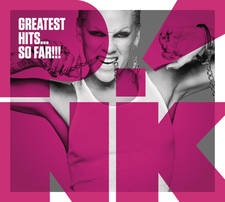Call for 'legal Highs' to be banned
17 March 2010, 13:18 | Updated: 17 March 2010, 13:27
A drugs campaigner whose daughter died in Brighton has called for new US-style laws banning so-called ``legal highs'' for a year while scientists assess the dangers to children and young people.
Maryon Stewart, whose 21-year-old daughter Hester died after taking the dance drug GBL - subsequently made illegal last year by Home Secretary Alan Johnson -
said the ban could save lives by giving scientists the chance to assess the dangers.
She said the law in this area is ``totally inadequate'' in protecting children and young people.
``It is a very difficult area because as soon as one thing gets banned, then there are others that come on to the market. I do not think banning is necessarily the total solution,'' she said.
``I have discovered in the process I have been going through in the last few
months that there is in Germany and America an interim law where legal highs come on to the market, they go into a basket where they are illegal for the first year, giving toxicologists the chance to decide whether they are dangerous or not for the first year.
``Most of these legal highs at the moment seem to be paint stripper or fertiliser and they were never intended for human consumption. We know that there are people who sell them for human consumption for profit and the law at
the moment is totally inadequate.''
She added: ``They (the Home Office) should not be waiting for kids to die before they take action.''
Ms Stewart's daughter, a molecular medicine student, died after taking GBL, which was used by clubbers as a substitute for banned drug GHB, known as ``liquid ecstasy''.
Mr Johnson announced last year that GBL - gamma-butyrolactone - would be placed in class C, meaning users could be punished with a two-year jail term and
dealers up to 14 years.
The Brighton and Hove coroner warned at Ms Stewart's inquest that the recreational use of drugs such as GBL was ``very much a question of playing Russian roulette''.
